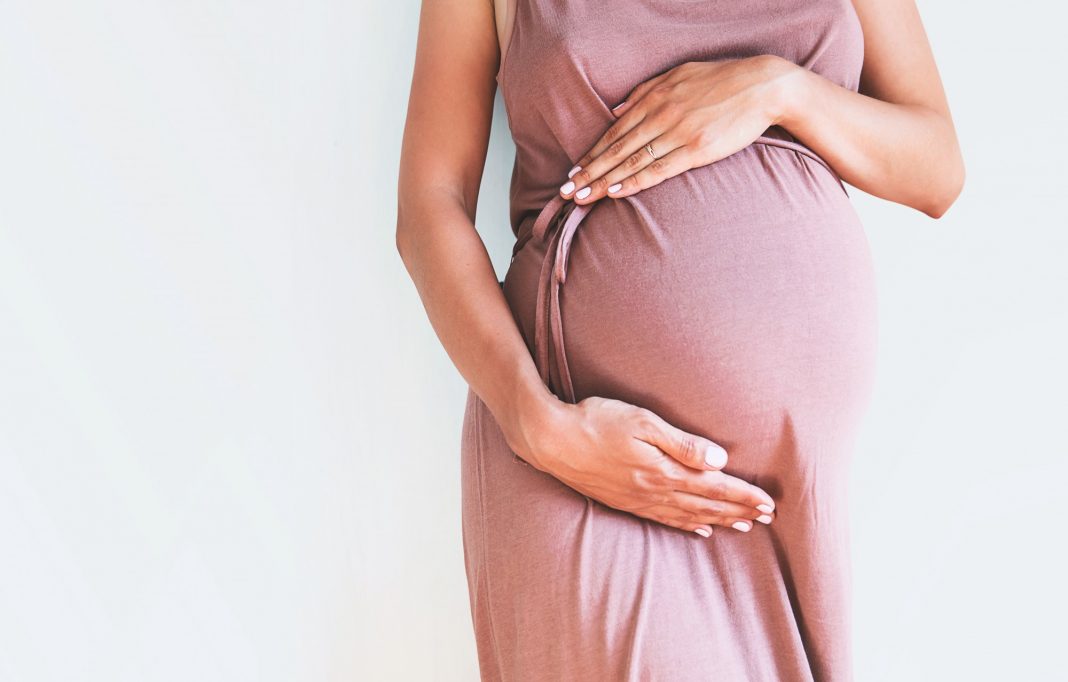A groundbreaking trial has revealed a single iron infusion during the third trimester of pregnancy can significantly reduce anaemia in pregnant women, outperforming the traditional approach of daily oral iron tablets.
This finding has the potential to transform pregnancy care and improve outcomes for mothers and babies worldwide.
The dangers of anaemia
Anaemia is said to affect approximately 37% of pregnant women globally, with significant consequences for both mother and child.
It’s said that in Australia, one in four pregnancies is impacted by anaemia.
Iron deficiency, a leading cause of anaemia, has been linked to complications such as preterm delivery, low birth weight, postpartum haemorrahge, and even postpartum depression.
For babies, maternal anaemia can impact brain and red blood cell development.
Trial: iron infusions vs oral supplementation
In response to this, researchers from the Walter and Eliza Hall Institute of Medical Research (WEHI) together with scientists at the Training Research Unit of Excellence and Malawi’s Kamzu University of Health Sciences conducted one of the largest iron trials to date, involving 590 women in Malawi.
The study, published in Nature Medicine, compared the efficacy of oral iron tablets with single intravenous (IV) iron infusion in late pregnancy.
“We found that a single iron infusion in the third trimester can achieve what oral tablets taken daily cannot,” said Professor Sant-Rayn Pasricha, head of WEHI’s Anaemia Research Laboratory.
The trial results are compelling:
- 46.7% of women who received an iron infusion were anaemic at delivery vs 62.7% of women on iron tablets.
- The infusion’s benefits extended beyond postpartum, offering long-term protection for the mother’s iron stores.
“This sustained impact on anaemia is unprecedented,” Professor Pasricha said.
“We hope our findings will soon be translated in health settings across the world to form a uniform set of guidelines that can ensure more women get the right iron treatment when they need it most.”
Currently, the World Health Organization (WHO) recommends oral iron tablets taken twice daily for pregnant women as the primary prevention strategy for maternal anaemia.
The researchers hope to soon share this data with the WHO to help inform future global antenatal care guidelines, potentially shifting the standard of care to include iron infusions.
“If intravenous iron can be safely delivered in basic health centres in remote Malawi as our trial has shown, there’s really no health setting where IV iron couldn’t be effectively and safely given,” Professor Pasricha said.







